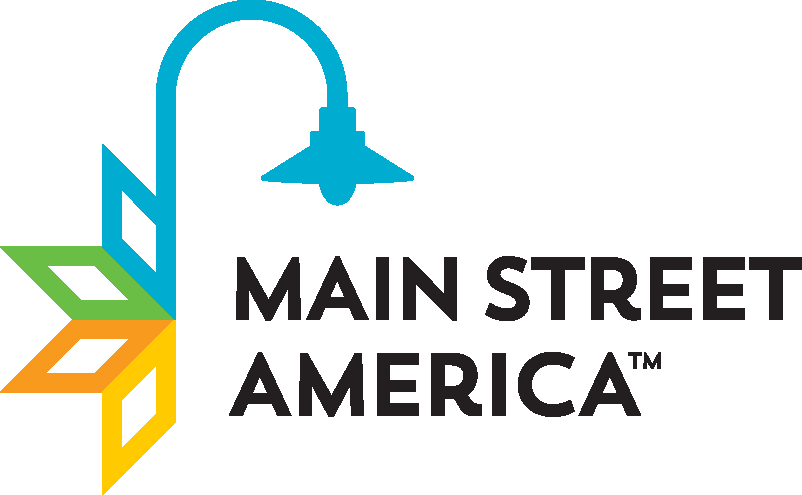The Small Business Jobs Act of 2010 (the “Act”) became law in the fall of 2010. The Act created the State Small Business Credit Initiative, funded with $1.5 billion to strengthen state lending programs that support small businesses and manufacturers. Of the total amount funded, Georgia was allocated $48,024,748.
The State of Georgia application to the U.S. Treasury was approved and the allocation agreement executed in December 2011. GHFA EDFI/Georgia Department of Community Affairs (DCA) is the administrator of the program. Per the agreement, the oversight with the U.S. Treasury expired on March 31, 2017.
Currently, Georgia’s SSBCI offers two programs.
- GA LPP (Georgia Loan Participation Program) is a program where the State purchases a participation of up to 25% of an approved loan, for loans ranging from $100,000 to $5,000,000. (Maximum participation amount depending on program liquidity) Current Maximum participation is $250,000.
- Georgia SBCG (Small Business Credit Guaranty) is a 50% loan guaranty program with a current maximum loan amount of $400,000 with a $200,000 guaranty.
ADVANTAGES AND OPPORTUNITIES FOR GEORGIA LENDERS
- Credit enhancements to strengthen bank loans and reduce risk
- Delegated lending model where lenders manage underwriting
- Streamlined procedures and quick response to project loan requests
- Opportunity for CRA credit
HOW TO BECOME AN APPROVED LENDER
All lenders seeking approval as participating lenders in the SSBCI programs must undergo a vetting process whereby the State will evaluate the lender on management and lending experience as well as financial capacity and ability. The first step to becoming an approved lender is to complete a lender application package and submit it to DCA for review. Please contact our office to obtain an application package.



